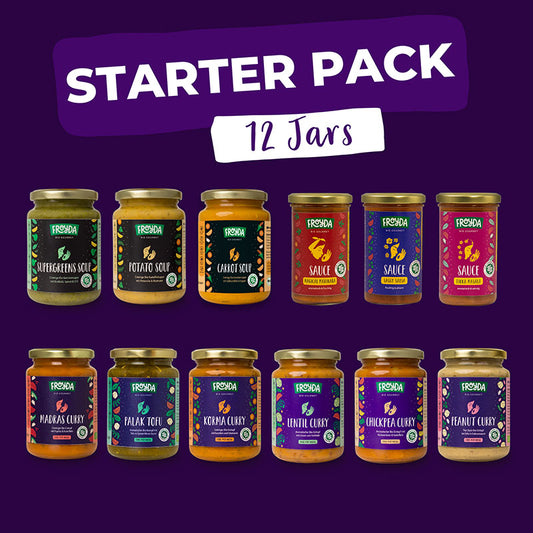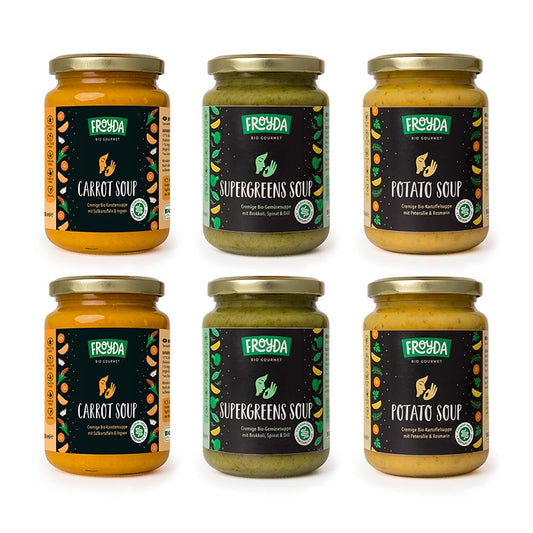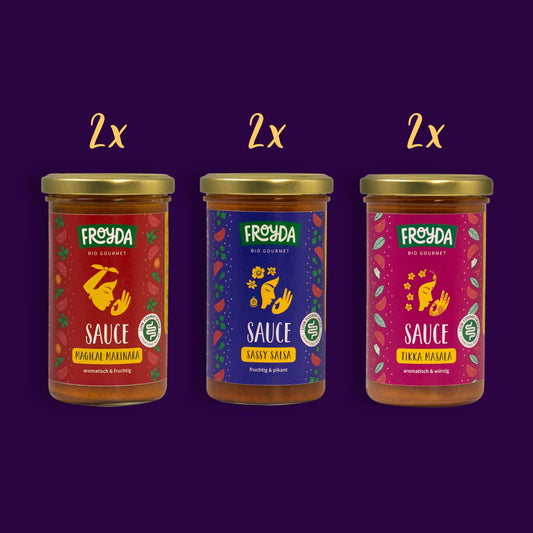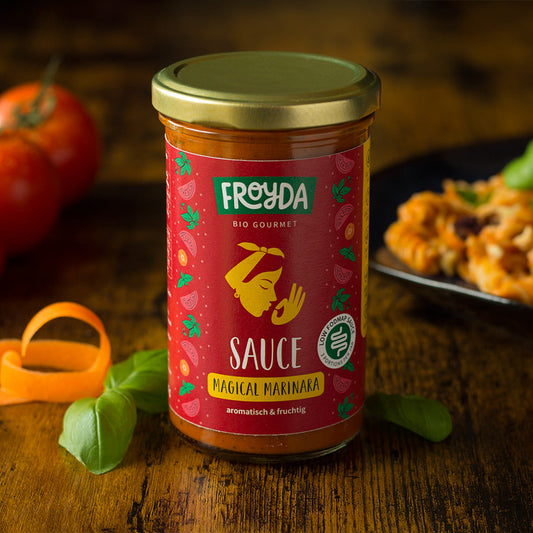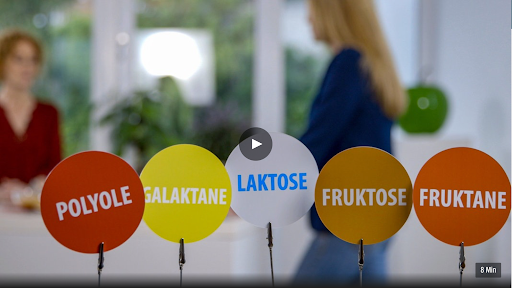Mir hat die Bolognese gut geschmeckt und auch wenn ich von Linsen sonst oft einen Blähbauch bekam, hab ich diese Soße sehr gut vertragen.
Schmeckt wie Omas hausgemachte. Ich habe mich sehr gefreut.
Die drei Arten von Saucen waren wirklich lecker und sind mir sehr gut bekommen. Vielen Dank dafür.
Herzlichen Dank für Dein tolles Feedback, Michael! Es freut uns sehr, dass unsere Saucen Dir gut geschmeckt und bekommen haben. 😊
Liebe Grüße, Dein Froyda Team






